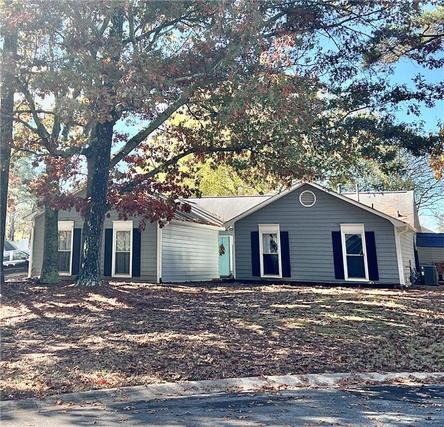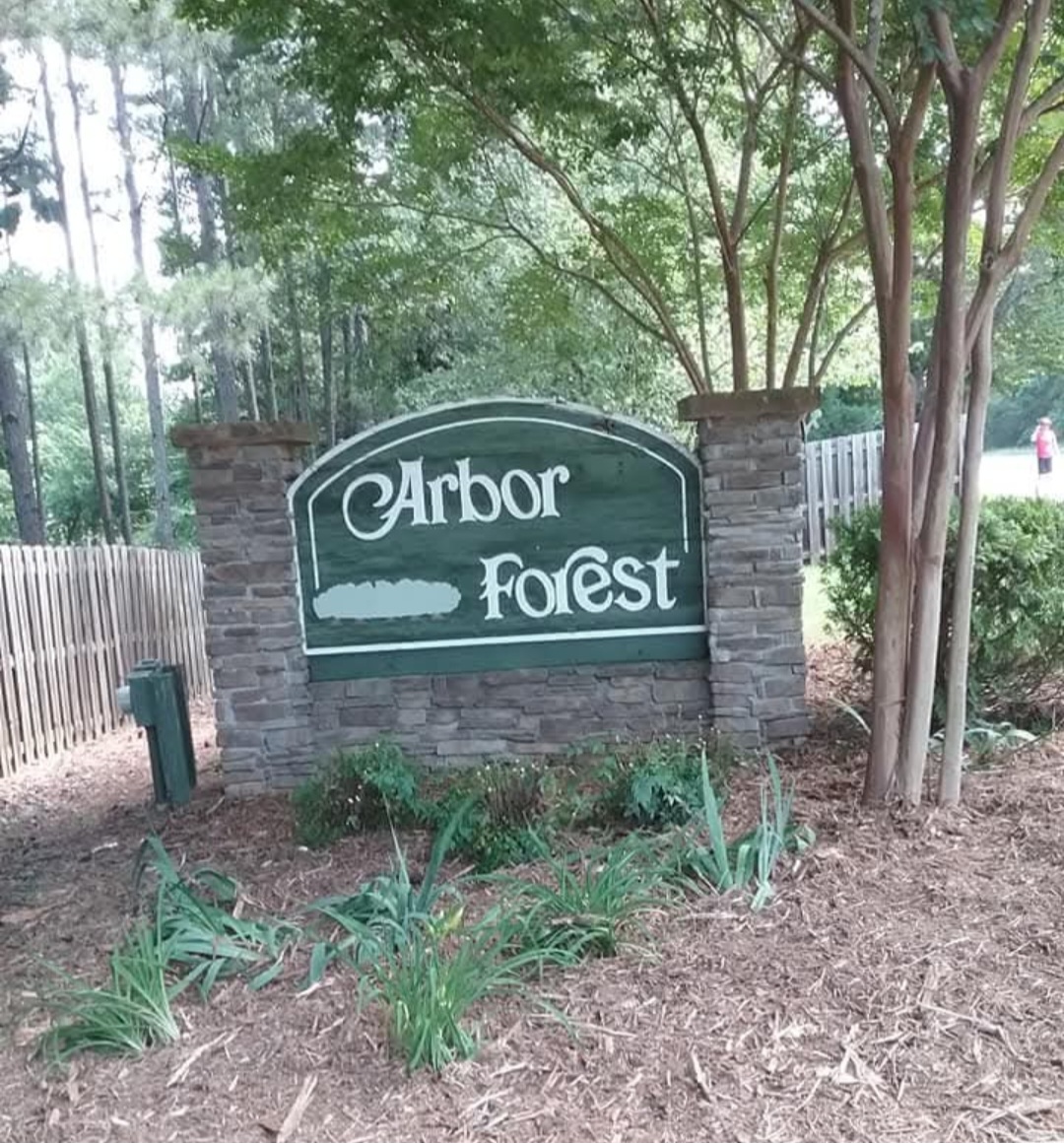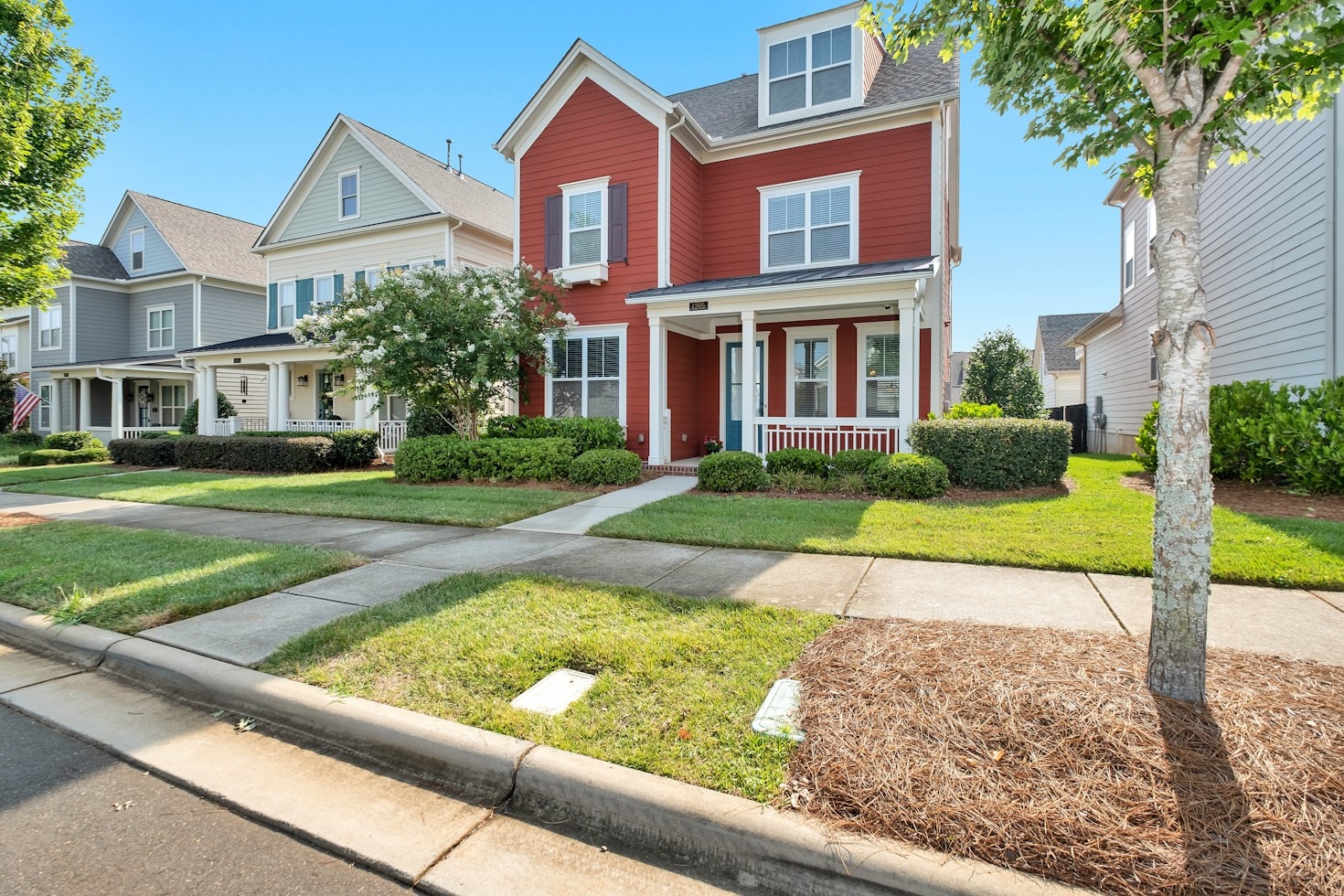Establishing essential policies is crucial for creating a thriving and well-organized community. Clear and fair guidelines help maintain property values, ensure safety, and promote a positive living environment for all residents. Effective policies should cover areas such as architectural standards, common area maintenance, conflict resolution, and financial management. By enforcing rules consistently and transparently, while also allowing for community input, homeowners associations (HOAs) can foster a sense of trust, cooperation, and long-term stability. Well-crafted policies not only protect the community’s interests but also enhance residents’ overall quality of life.
“The strength of a community lies in the wisdom of its policies and the integrity of its leadership.” — Unknown
Maintaining property values, ensuring safety, and promoting a positive living environment are key objectives of well-designed community policies. Consistent enforcement of architectural guidelines helps preserve the neighborhood’s aesthetic appeal, preventing issues that could lead to declining property values. Safety policies, such as well-lit common areas, traffic regulations, and emergency preparedness plans, create a secure environment for residents. Additionally, fostering a respectful and welcoming atmosphere through noise regulations, pet policies, and community engagement initiatives encourages positive neighbor interactions. By implementing and upholding these policies, HOAs can ensure a well-maintained, safe, and harmonious community where residents take pride in their homes.


Effective community policies must address common area maintenance, conflict resolution, and financial management to ensure smooth operations and long-term stability. Well-maintained common areas, such as parks, pools, and sidewalks, enhance the community’s appeal and property values, requiring clear guidelines for upkeep, usage, and responsibility. Conflict resolution policies provide structured processes for addressing disputes between neighbors or between homeowners and the HOA, helping to maintain harmony and prevent minor issues from escalating. Strong financial management policies, including transparent budgeting, reserve fund planning, and timely fee collection, ensure that the community has the resources needed for maintenance and future improvements. By establishing and enforcing these policies, HOAs can create a well-functioning and financially sound community that benefits all residents.
Wrapping Up with Key Insights
Having essential policies in place is crucial for fostering a thriving, well-managed community. Clear guidelines for property maintenance, safety, conflict resolution, and financial management ensure stability, protect property values, and create a positive living environment for all residents. When policies are consistently enforced with transparency and fairness, they build trust and encourage homeowner participation. A well-structured HOA that prioritizes effective governance and community engagement can create a neighborhood where residents feel secure, valued, and invested in their shared future. Ultimately, strong policies lay the foundation for a harmonious and prosperous community.


Leave a Reply